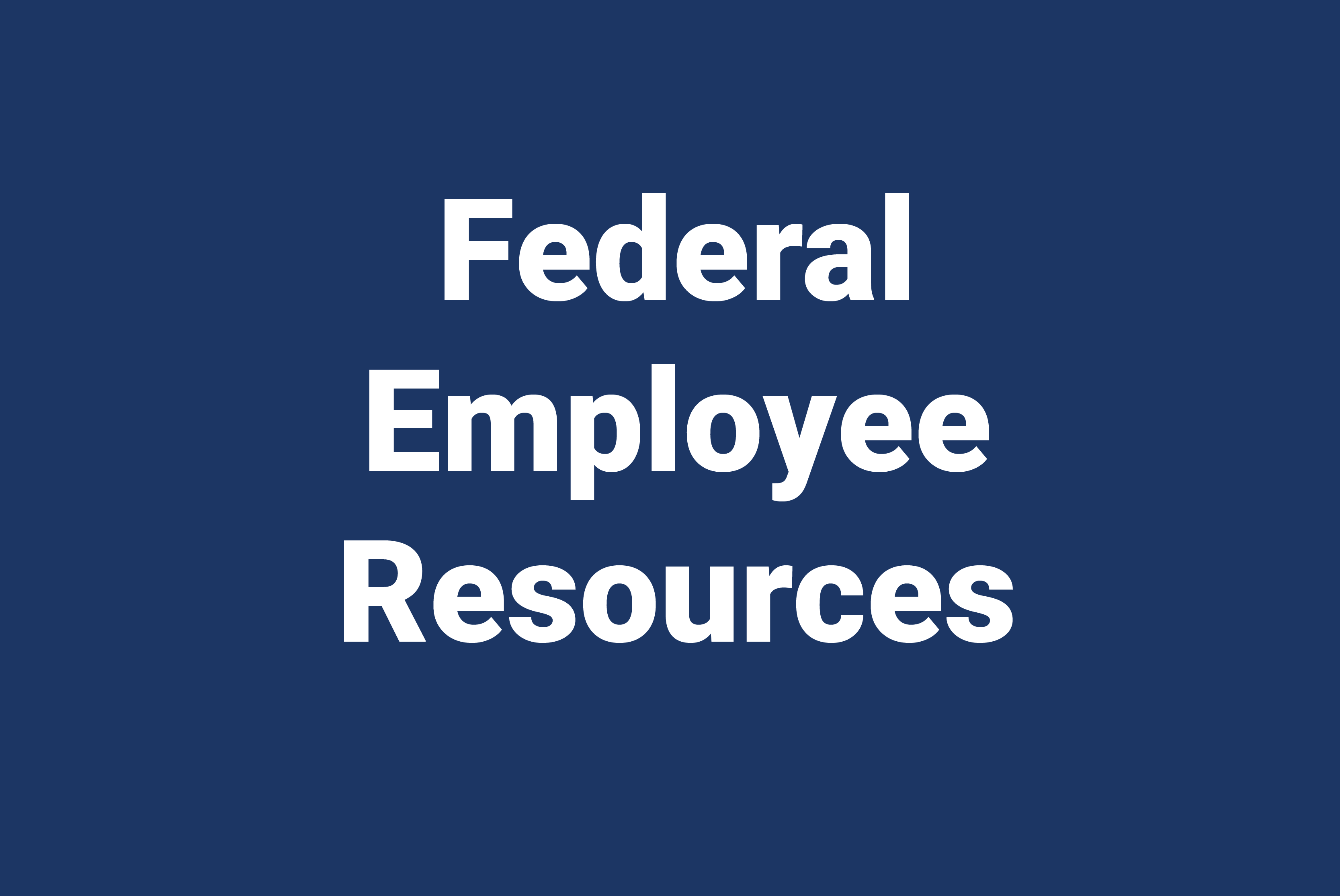
Maryland’s 447th legislative session has ended, bringing a wide range of policy changes across budget, education, health, and housing. Below is a summary of what these changes could mean for Maryland’s communities.
Maryland Budget
The 2025 Maryland General Assembly had lawmakers focused on tackling a $3.3 billion deficit one that is followed by another $300 million mid-session due to federal policy changes. After 90 days of negotiations, a $67 billion budget was passed, marking a 1% overall growth, but a $400 million dip in the General Fund. The final plan included cuts to higher education and Medicaid reimbursements, cost-shifting to local governments, and new tax brackets targeting high earners. Yet, it also featured an increased standard deduction and a restructured child tax credit that will benefit many middle- and low-income families.
Health
Bipartisan efforts to combat food deserts gained attention but ultimately stalled. Though Senate Bill 353 and House Bill 1434 aimed to jumpstart strategies for attracting grocery stores to underserved areas, only the House version advanced before faltering in the Senate. The Maryland Food Resiliency Council is set to deliver a comprehensive report this November, keeping the issue on the radar for future action.
Education & Child Care
The Excellence in Maryland Public Schools Act is a key update to the Blueprint for Maryland’s Future. Championed by Senate President Bill Ferguson and House Speaker Adrienne Jones, the bill brings strategic adjustments: easing fiscal pressure in 2026, delaying some local education mandates, and launching a national teacher recruitment campaign. The bill also boosts community school support with added staffing, wraparound services, and a focus on improving tutoring and attendance. This bill is set to take effect July 1.
Housing
Senator Anthony Muse and Delegate Jheanelle Wilkins introduced Senate Bill 651/House Bill 709 to allow counties, including Baltimore City, to adopt “good cause” requirements for lease renewals and holdover tenancies. The legislation would have required landlords to show valid reasons-such as lease violations, illegal activity, or consistent late rent payments-before refusing to renew a lease. It also permitted non-renewal if the landlord intended to remove the property from the market or renovate it. However, disagreements over proposed amendments, particularly involving vacancy control, led to the bill stalling without a vote in key committees.
Economic Advancement
The General Assembly delivered the RAISE Act, a major component of Governor Wes Moore’s agenda. The sweeping legislation scales up registered apprenticeships across Maryland, creating new offices, programs, and a $10 million fund to connect employers with talent. With implementation kicking off October 1, 2025, the RAISE Act aims to strengthen and expand Maryland’s workforce and create accessible, career-building opportunities for more residents.
Impact on ALICE
For Maryland’s ALICE (Asset Limited, Income Constrained, Employed) residents, the outcomes of the 2025 legislative session are a mixed bag of challenges and cautious hope. Budget cuts to higher education and Medicaid, along with cost shifts to local governments, could strain essential services many ALICE families rely on, potentially leading to higher local taxes or reduced community support.
Enhancements like the increased standard deduction and restructured child tax credit may offer modest financial relief. Education reforms promise stronger support systems in community schools, which could directly benefit ALICE children through tutoring and attendance initiatives.
While the failure of housing protections means continued vulnerability to rising rents, the passage of the RAISE Act could open new doors to stable, well-paying careers through expanded apprenticeship programs.

